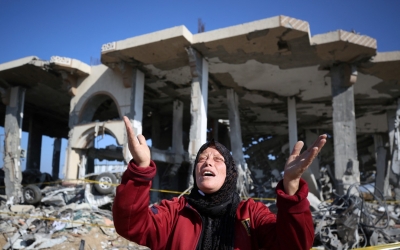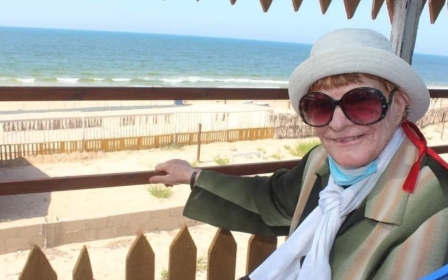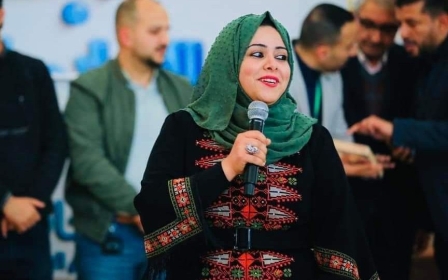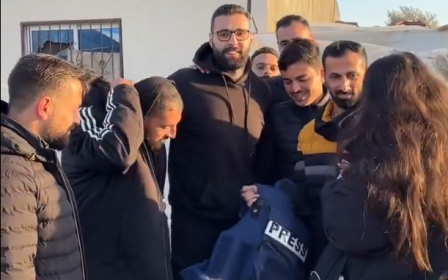War on Gaza: Israeli sniper kills renowned Palestinian psychologist Fadel Abu Hein
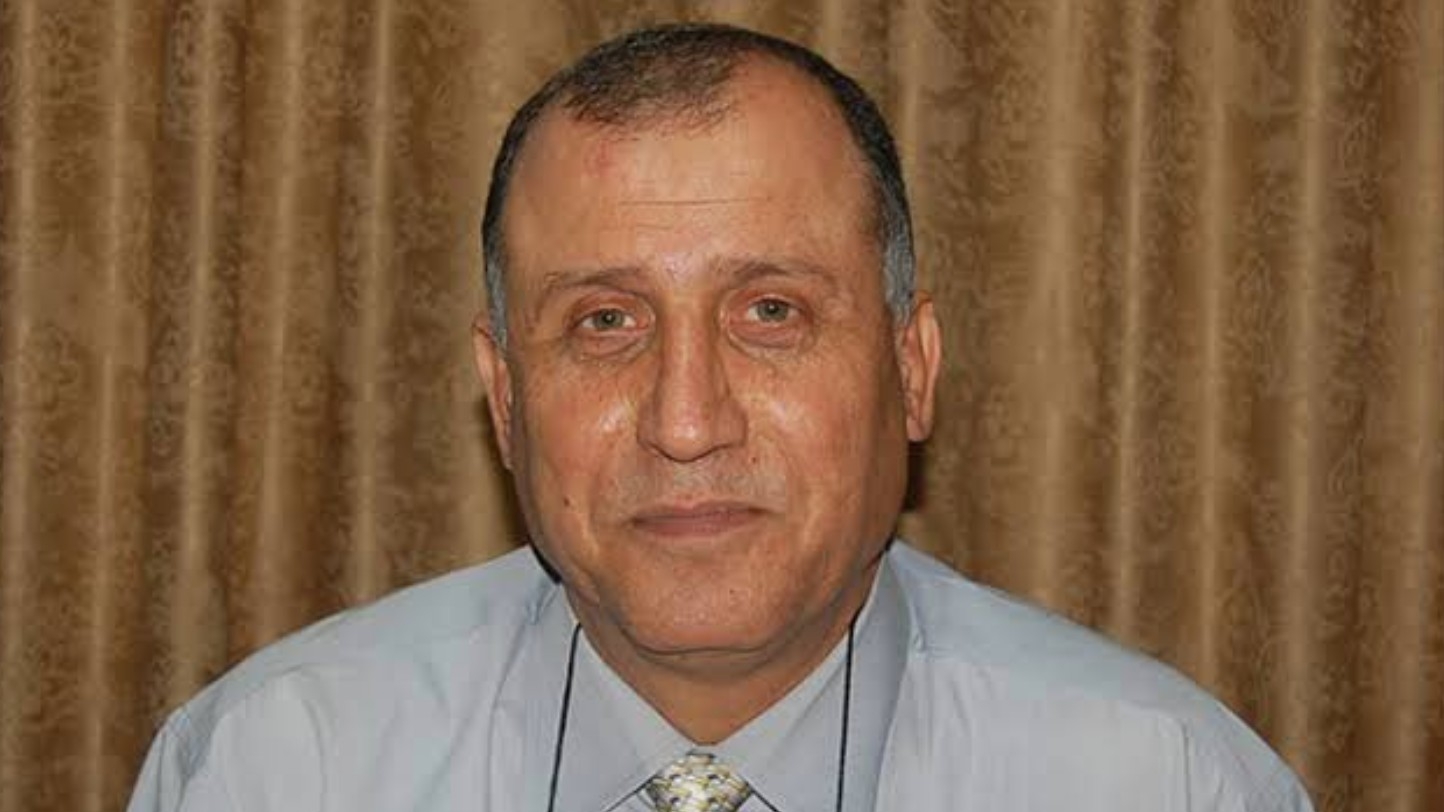
Tributes are pouring in to Palestinian academic Fadel Abu Hein, a professor and psychologist at Gaza’s Al-Aqsa University, after he was killed by an Israeli sniper on 23 January.
Abu Hein's death comes as Israeli forces encircled the Khan Younis area of Gaza, which is home to Al-Aqsa University.
The university has been damaged in Israeli attacks, but displaced Palestinians continue to shelter there, amid Israeli demands that they leave.
Abu Hein, who was in Khan Younis when he was killed, was considered an expert in treating trauma and mental health conditions resulting from years of war.
His students and those familiar with his work left a series of tributes to him after learning about his death.
New MEE newsletter: Jerusalem Dispatch
Sign up to get the latest insights and analysis on Israel-Palestine, alongside Turkey Unpacked and other MEE newsletters
“Fadel Abu Hein has been interviewed over the years about his role in his community, you should read his words, recognise his academic work. My heart breaks for the life he has endured, the dignity he displayed and his unnecessary death, huge loss to the people of Gaza,” one academic posted on X, the social media platform formerly known as Twitter.
“So sad to lose a fellow academic… psychology professor Fadel Abu Hein continued much needed expertise, research, and community activities in the field of trauma and its impact on mental health of Palestinians, especially children in Gaza,” said another.
Abu Hein's work involved travelling to Europe and the US as part of academic conferences and meetings.
Israel has killed at least 94 other academics in its war on the besieged enclave. A total of at least 25,000 Palestinians have been killed in the conflict so far, the vast majority of them civilians.
Abu Hein was a professor of psychology at Al-Aqsa University for over 20 years, and had published several journals and research articles in his field.
He was also the director of the Community Training Centre for Crisis Management (CTCM) in Gaza.
In an interview with The Guardian in 2005, Fadel said that Palestinian children had become “indifferent to death” following the Second Intifada.
“In the long term, the trauma will grow with the child and becomes part of the personality,” he added, saying that children had become traumatised by Israeli shooting, night raids, demolitions and other people's stress.
No access for ambulances
Abu Hein was reportedly arrested by Israeli forces in 2003 during an incursion which resulted in 13 Palestinians being killed, including his three brothers.
A report in the New York Times from the same year said that he pleaded not guilty to charges of weapons possession and incitement, after he was detained.
His family home was later razed to the ground by Israel.
The Center for Human Rights said Abu Hein had been subjected to sleep deprivation and was forced to remain in painful positions for extended periods of time during his interrogation.
One of Abu Hein's academic focuses was working to overcome the stigma around mental health issues, especially among men.
He said that continuous conflict had a “disastrous effect” on the psyche of Gaza’s children and that common long-term trauma symptoms included panic, lack of confidence and no sense of safety, which made them more introverted or more aggressive towards others.
“It is difficult to provide psychological treatment [for the children] because Gaza lives in a changing reality from time to time,” he said in an interview in 2022.
Khan Younis, where Abu Hein died, is the latest focus of Israel's devastating campaign in Gaza, which has left much of the northern area of the territory uninhabitable.
Since the war began, Palestinians have been forced to move from one area to another as Israel looks to uproot Hamas from Gaza.
As snipers and tanks settled into positions in Khan Younis on Tuesday, ambulances were left unable to reach the wounded.
Middle East Eye delivers independent and unrivalled coverage and analysis of the Middle East, North Africa and beyond. To learn more about republishing this content and the associated fees, please fill out this form. More about MEE can be found here.


